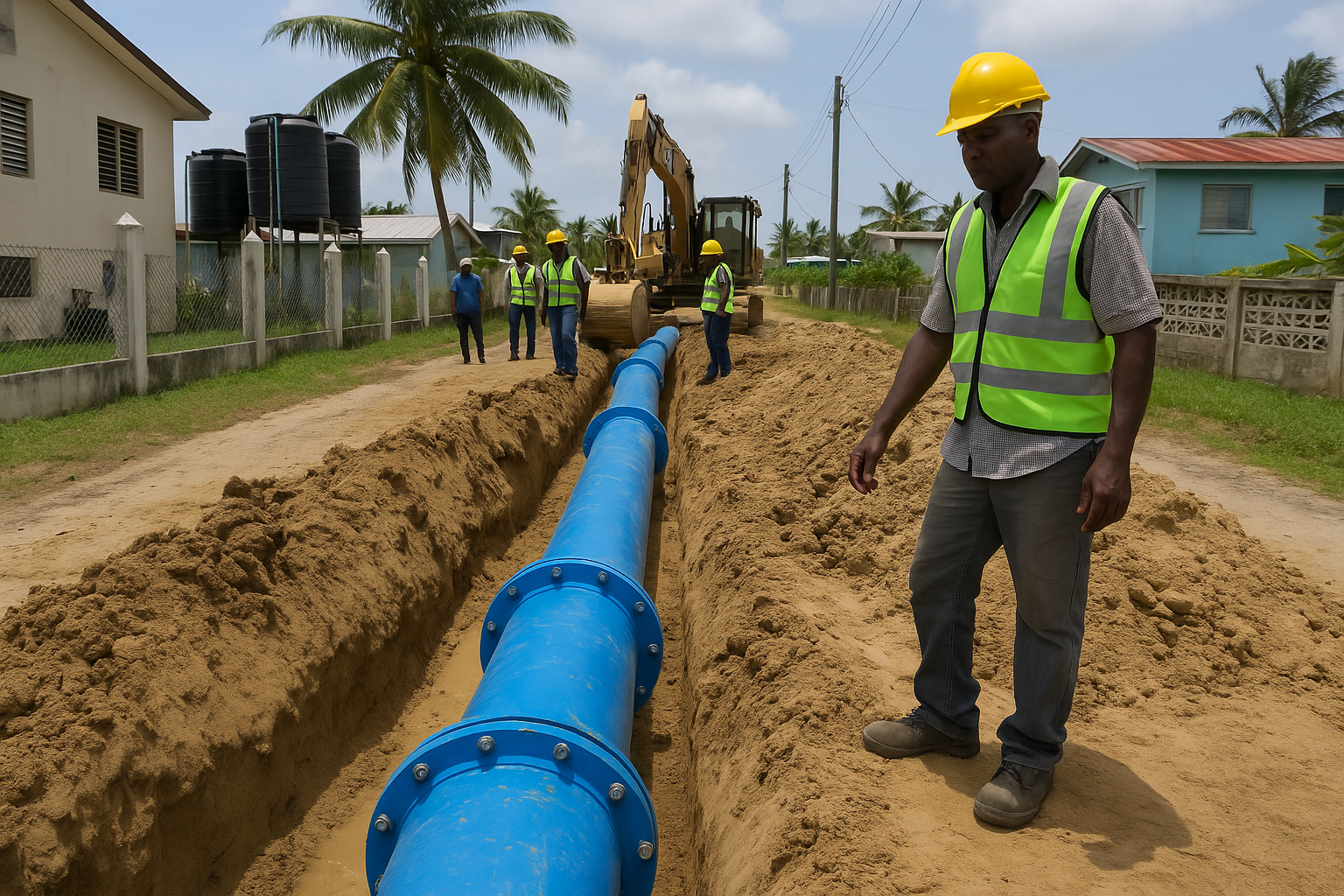Councils Advance Local Water Done Well with On-Time Service Delivery Plans
Minister Watts emphasised that the reforms strike a balance between local control and financial responsibility.

- Country:
- New Zealand
Local councils across New Zealand have formally submitted their water services delivery plans, marking an important milestone under the Government’s Local Water Done Well reforms. Local Government Minister Simon Watts confirmed that every council required to submit plans by the 3 September deadline has done so, ensuring that communities are now on a clearer path to improved, sustainable water services.
A Shift in Water Services Policy
The Local Water Done Well programme was designed as a replacement for the former Government’s Three Waters reforms. While the previous model proposed large centralised water entities, the new approach places decision-making back in the hands of councils. The aim is to combine local ownership, financial sustainability, and flexibility, while still addressing the nationwide challenges of aging infrastructure, population growth, and climate resilience.
Minister Watts emphasised that the reforms strike a balance between local control and financial responsibility. “This Government knows that addressing the scale and urgency of water services challenges comes at a cost to everyday Kiwis. That’s why under Local Water Done Well, we enabled councils to work together on joint arrangements to support financial sustainability, ease upward pressure on rates, and provide new infrastructure to support housing development,” he said.
Delivery Options and Financial Sustainability
Councils were given two primary pathways for delivery. They could establish joint council-controlled organisations (CCOs) to pool resources, or retain in-house service delivery units if they could demonstrate financial and operational sustainability. Approximately two-thirds of the submitted plans involve councils forming multi- or single-council CCOs, while the remainder have opted to continue managing water services directly.
A key feature of the new model is access to low-cost borrowing through the Local Government Funding Agency (LGFA). This financial mechanism was not available under the previous reforms and is expected to help councils spread the cost of investment across both current and future ratepayers, avoiding sudden spikes in rates. “Growth should pay for growth,” Minister Watts noted, reinforcing that infrastructure costs should align with demand from housing and economic development.
Review and Moderation Process
With submissions completed, the Department of Internal Affairs (DIA) will now begin a thorough review of each council’s plan. Officials will assess the financial viability, governance structures, and ability to meet service quality standards. After initial evaluation, a moderation panel will consider the findings before making a recommendation to the Secretary for Local Government.
If a plan is not accepted, councils will be given a chance to respond. The Department will then set out next steps, which could include recommending Ministerial intervention in cases where a plan does not meet financial or legislative requirements. Minister Watts stressed that intervention will only occur if absolutely necessary: “I will be looking closely at the advice the Department provides to ensure councils have a plan that meets our requirements of being financially sustainable. I have been clear that I will intervene, but only if I need to.”
A Pathway to Resilient, Community-Led Services
The Government maintains that the Local Water Done Well framework is about enabling councils to tailor solutions to the unique needs of their communities rather than imposing a one-size-fits-all structure. Minister Watts concluded by acknowledging councils’ commitment: “Their work means all communities around New Zealand are now on a path to safe, resilient, and financially sustainable water services.”
Over the coming months, the review and approval process will determine how councils move from planning to implementation. The success of Local Water Done Well will hinge on councils’ ability to deliver infrastructure upgrades, maintain high water quality standards, and keep services affordable for ratepayers.
ALSO READ
Swift Restoration: BRO Reconnects Akhnoor After Infrastructure Collapse
HEC Infra Projects Secures Major Contract with AMC for Water Infrastructure Development
Uttarakhand CM Dhami Boosts Education & Infrastructure Development Initiatives
IFC Makes First-Ever Bhutan Infrastructure Investment with $20M Power Project
Flood Havoc in Hoshiarpur: Infrastructure and Agriculture Hit Hard










